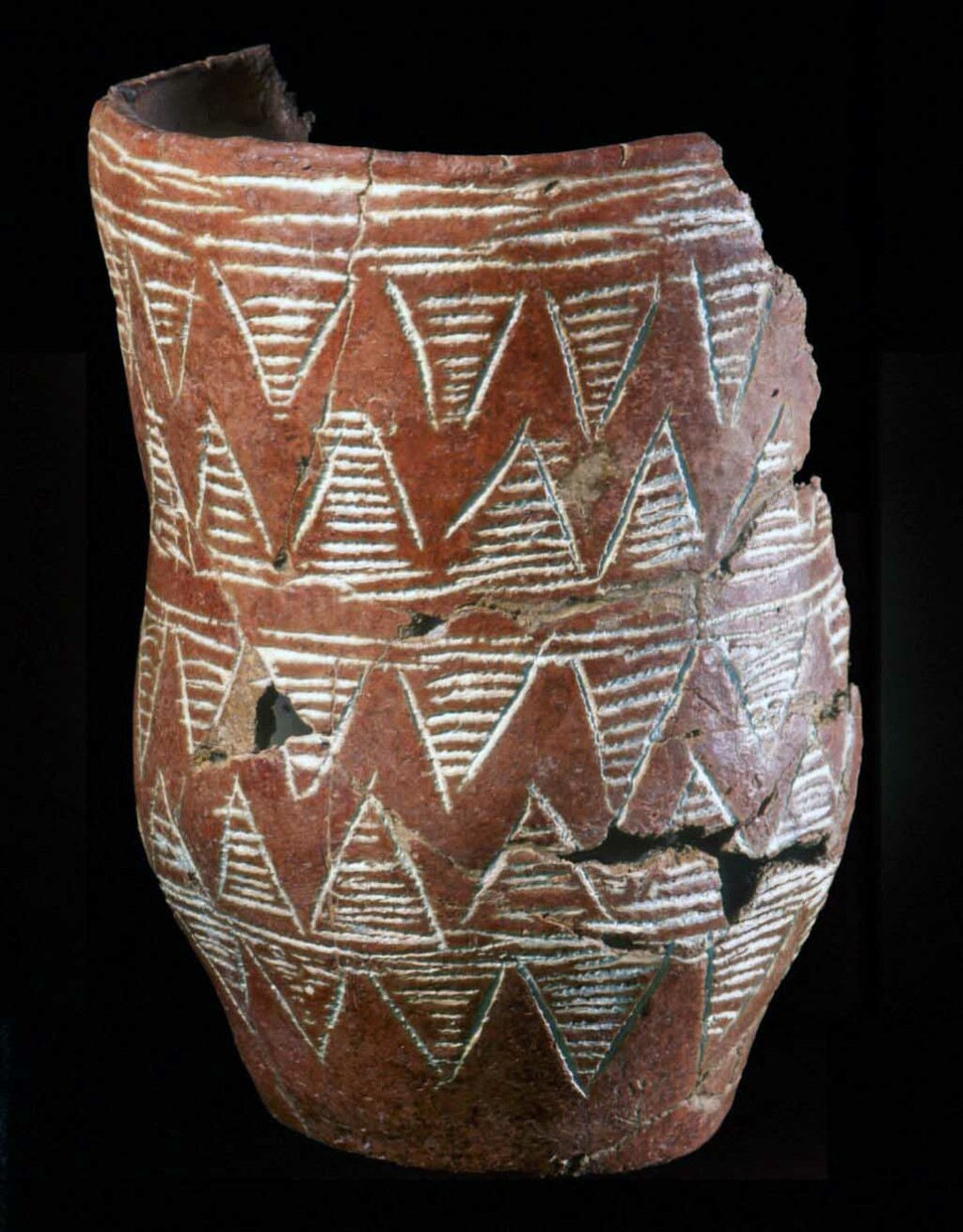Treasure Act & the Portable Antiquities Scheme
, 10 April 2016
The word treasure can mean a lot of different things. In Treasures: Adventure in Archaeology we are able to see the historical treasures that have been uncovered from archaeological excavations over the years. But while the term can be applied widely to things that are important to us it also has a very technical, and legal, meaning.
In the past it was not uncommon for people to bury their riches or cherished objects for safekeeping in times of trouble or as part of a ritual offerings. While some of these buried objects were reclaimed by their owners, others were not. Hundreds or thousands of years later, these objects have been found while ploughing farmland, building houses or by metal detecting. There have been laws in England and Wales on how to deal with these discoveries for over a thousand years. Common law defined treasure as anything made out of gold or silver. It also had to be hidden with the intention of recovering it at a later time. It was against the law to not report the discovery of potential treasure to the coroner and those not reporting finds could face fines or imprisonment. In 1996, the Treasure Act was passed and expanded the range of precious metal objects, and any associated objects, protected.

Medieval coin hoard discovered near Presteigne, Montgomeryshire and subsequently declared ‘Treasure’
In conjunction with the Treasure Act of 1996, the Portable Antiquities Scheme was implemented. The aims of the PAS are to record important non-treasure archaeological objects and to highlight the importance of proper reporting of finds by the public. For archaeologists, information doesn’t just come from an object. The area where it was found, how it laid in the ground, what other objects were with it and other factors provide vital clues in understanding an object. When things are accidentally discovered and then removed, that context is lost forever. The hope is that with the PAS in place, those that come across finds will report them quickly, provide as much of the other contextual clues as possible or, better yet, leave them in-situ (in the ground) and call PAS to help excavate them properly.

Bronze Age Beaker pottery from Merthyr Mawr
For more information on the Treasure Act and the Portable Antiquities Scheme, you can visit https://finds.org.uk/treasure.
